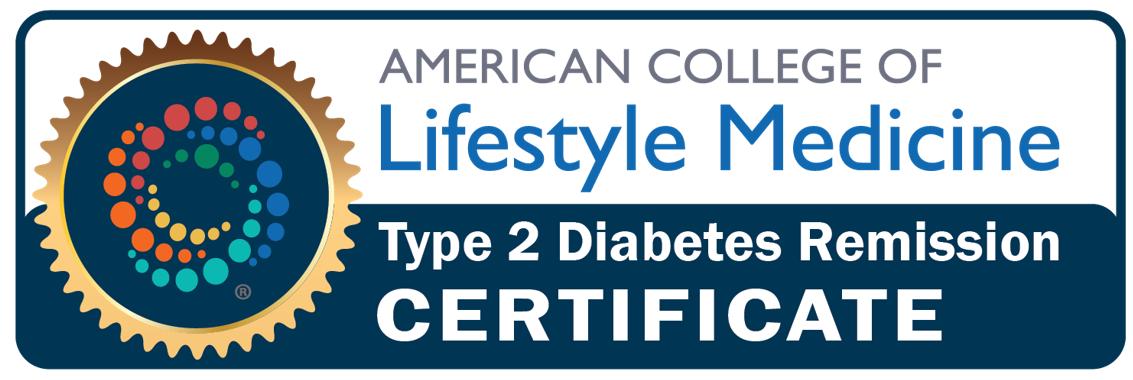Insulin
INSULIN
Insulin is a vital hormone produced by the pancreas that plays a central role in regulating glucose metabolism and maintaining blood sugar levels within a narrow, healthy range. When we consume carbohydrates, insulin is released into the bloodstream in response to rising blood glucose levels. Its primary function is to facilitate the uptake of glucose by cells, where it is used for energy production or stored for later use.
Insulin resistance occurs when cells become less responsive to insulin, leading to elevated blood glucose levels. This can eventually progress to type 2 diabetes if the pancreas cannot produce enough insulin to compensate for the resistance. Insulin resistance is often associated with obesity, physical inactivity, and genetic factors.
The effects of insulin resistance extend beyond impaired glucose metabolism. Elevated insulin levels can contribute to various metabolic problems:

Fatty Liver Disease (Non-Alcoholic Fatty Liver Disease - NAFLD):
Insulin resistance promotes the accumulation of fat in the liver, leading to NAFLD, a common liver disorder. NAFLD can progress to more severe conditions like liver cirrhosis or even liver failure.
Polycystic Ovary Syndrome (PCOS):
Insulin resistance is a key underlying factor in PCOS, a hormonal disorder affecting women of reproductive age. Insulin stimulates androgen production in the ovaries, contributing to irregular menstrual cycles, infertility, and other symptoms characteristic of PCOS.
Increased Cardiovascular Risk:
Insulin resistance is associated with dyslipidemia (abnormal lipid levels), hypertension (high blood pressure), and inflammation, collectively increasing the risk of cardiovascular diseases like heart attacks and strokes.
Metabolic Syndrome:
Insulin resistance often coexists with other metabolic abnormalities such as obesity, hypertension, and dyslipidemia, forming a cluster known as metabolic syndrome. Metabolic syndrome significantly raises the risk of developing type 2 diabetes and cardiovascular complications.
It is crucial to consult with a healthcare practitioner for the management of insulin resistance and related metabolic issues. Early intervention through lifestyle modifications (e.g., healthy diet, regular exercise) and, if necessary, medication can help improve insulin sensitivity, prevent progression to diabetes, and reduce the risk of associated complications such as fatty liver, PCOS, and cardiovascular diseases. Regular monitoring and personalized treatment plans tailored by healthcare professionals are essential for effective management and overall health.
Contact Us
